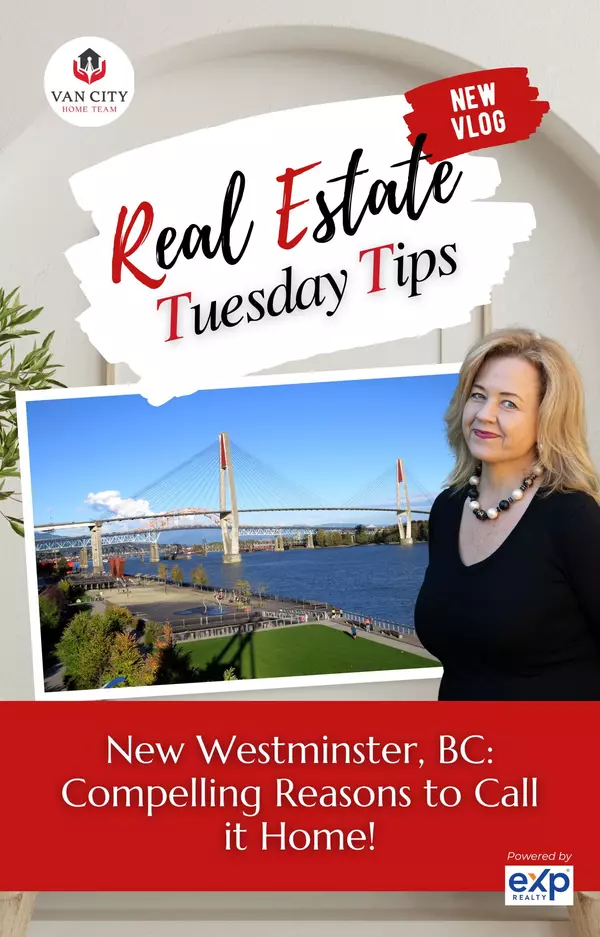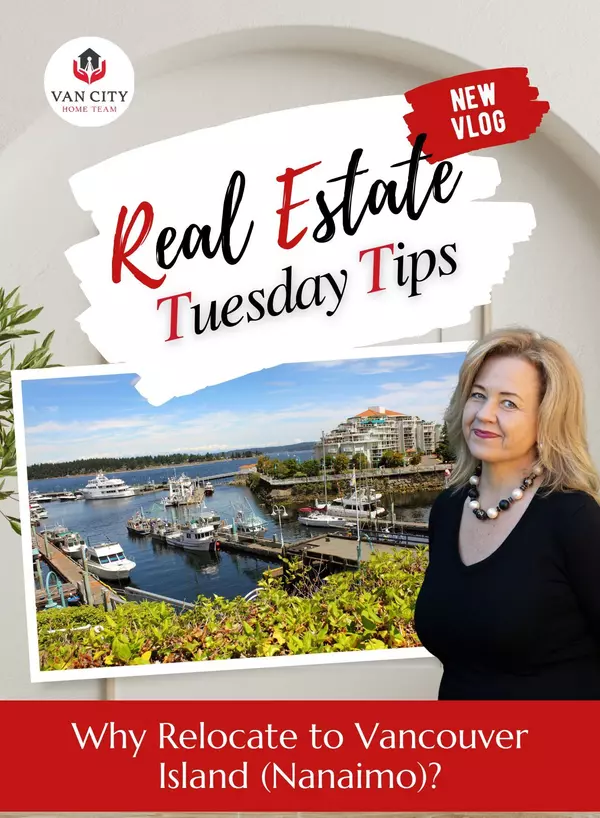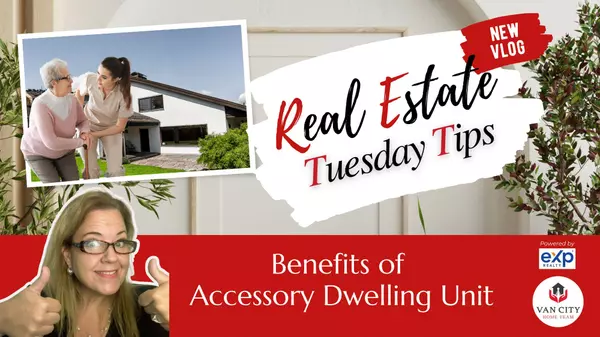Understanding Closing Costs for Home Buyers: A Comprehensive Guide | Natasha Koch
As you prepare to purchase your dream home, it's essential to understand all the costs involved beyond just the purchase price. One significant aspect that buyers often overlook is closing costs. In this guide, we'll explore what closing costs are, what they typically include, and how to prepa
New Westminster, BC: Compelling Reasons to Call it Home!
Here are several reasons why someone might choose New Westminster, Canada, as their place to live:
Historic Charm: New Westminster is British Columbia's oldest city, boasting a rich history and heritage. Residents can explore historic neighborhoods, heritage buildings, and cultural landmarks tha
Newcomers in Canada: A Comprehensive Guide to Buying Your First Home
Welcome to Canada! As you embark on your journey in this beautiful country, one of the most significant milestones you may aspire to achieve is owning your own home. However, navigating the Canadian real estate market as a newcomer can be both exciting and daunting. But fear not, as we're here t
Why Relocate to Vancouver Island (Nanaimo)?
Relocating to Vancouver Island, particularly Nanaimo, offers a plethora of benefits. Here are some top reasons why people choose to make this move:
Natural Beauty: Vancouver Island boasts stunning natural landscapes, including lush forests, rugged coastlines, and beautiful beaches. Nanaimo,
Navigating the Sale of Your Home During a Divorce: Expert Strategies and Recommendations for a Smooth Process
Selling a home during a divorce can be a challenging and emotional process. Here are some strategies and recommendations to help navigate this situation:
Open Communication:
Maintain open and honest communication with your ex-spouse. Discuss your intentions, expectations, and agree on key
Real Estate: Myth Buster Series - Size Edition
Homes come in all shapes and sizes – each with its own charm and character.
You have to define your needs and list key factors like family size, lifestyle, and preferences. "It's not about size; it's about meeting your needs. What matters most to you?
Below are are some advantages of Small
Factors that Drive the Real Estate Market
Demographics:
Demographics, including population size, age distribution, and household composition, play a vital role in shaping real estate trends. Changes in demographics can influence the demand for different types of properties. For example, areas with a growing population of young profe
Unlock Winter Opportunities: Strategic Winter Home Buying Tips
Serious Sellers: In the winter months, sellers are often more motivated. Take advantage of this by negotiating effectively and potentially getting a better deal.
Off-Peak Season Opportunities: The winter season may have fewer buyers, creating an opportunity for less competition. Serious se
Top Reasons Sellers Shouldn't Pause Home Sales this Holiday Season
Less Competition: With fewer homes on the market during the holidays, your listing stands out more, potentially attracting serious buyers.
Motivated Buyers: Many buyers during the holidays are motivated, often needing to relocate due to job changes or personal reasons. They're serious abou
Benefits of Accessory Dwelling Unit
BC Program Link: https://www.bchousing.org/housing-assistance/secondary-suite
Looking for a Home? Click HERE to start your Home Ownership Journey!
Accessory Dwelling Units (ADUs) offer several benefits, making them an increasingly popular option for homeowners. Here are some key advantages:
Homes for sale in New Westminster, BC
Are you currently in the market for a new home in New Westminster, BC? Look no further! With a variety of housing options available, this vibrant city offers endless opportunities for buyers looking to settle down in a thriving community. From stunning heritage homes to modern condos, there is some
Guide to Smart Property Search
Hello everyone! Are you ready to navigate the exciting world of real estate? Whether you're buying or selling, I've got some quick tips to make your journey a breeze.
Absolutely, defining your needs when looking for a new property is crucial. Here's a bit more detail on this point:
Defining Your Ne
Refreshing Home Interior Décor for Summer!
Creating a refreshing interior decor for summer is all about embracing light, bright colors, and incorporating elements that evoke a sense of relaxation and comfort. Here are some tips to achieve a refreshing summer-inspired interior decor:
Light and Airy Colors: Use light and neutral c
Home Summer Improvement: Backyard Landscaping - Enhancing Your Outdoor Space
Ready to turn your ho-hum backyard into a paradise? DIY backyard landscaping is the way to go! Whether you’re looking for a quick spruce up or a full-on reno, there are plenty of projects that will transform your outdoor space in no time.
DIY backyard landscaping can be a rewarding project that all
Natasha Koch
Phone:+1(604) 862-7619




















